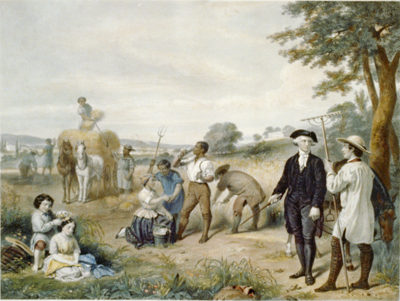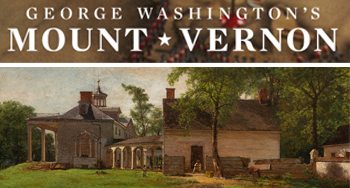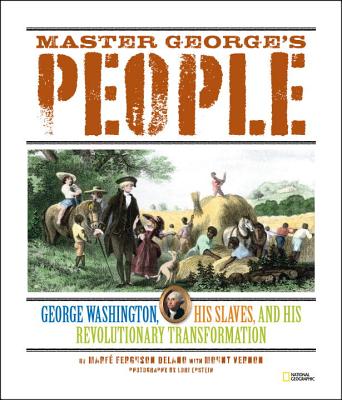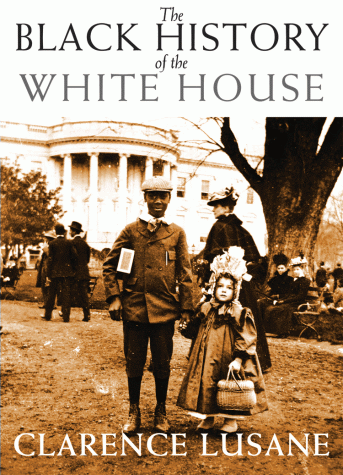By Deborah Menkart
A firestorm erupted when Scholastic released a children’s book early this month, A Birthday Cake for George Washington, by Ramin Ganeshram and illustrated by Vanessa Brantley-Newton, featuring smiling slaves baking a cake for George Washington. The back cover portrayed George Washington and his enslaved chef, Hercules, arm-in-arm, like best buddies. The image convinced many that this was an Onion parody and not an actual children’s book published in 2016. The images of seemingly happy enslaved African-Americans working in the kitchen were underscored with Hercules’s closing words when he serves the cake: “An honor and a privilege, sir… Happy birthday, Mr. President.” The story never offers children a hint as to why it was not a “privilege” nor a smiling affair to be enslaved. Nor do readers learn that the conditions were so dire that Hercules escaped on Washington’s birthday the following year, despite having to leave his children behind.
The School Library Journal called the book “highly problematic” and Kirkus Reviews labeled it “an incomplete, even dishonest treatment of slavery.” But neither of these critical reviews generated a public response from Scholastic.
It was not until a grassroots campaign by librarians, social justice organizations, #BlackLivesMatter activists, journalists, and others that Scholastic took the extraordinary step of recalling the book.
It happened in just four days. On Wednesday of last week, the Washington, D.C.-based nonprofit Teaching for Change shared on Facebook a critical review of the book by librarian Edith Campbell along with the image of the book’s back cover. The story went viral. Leslie MacFadyen of the National #Ferguson Response Network created the hashtag #slaverywithasmile and within 24 hours articles appeared in the Atlanta Black Star, and The Root. Thousands signed a protest petition. Debbie Reese of American Indians in Children’s Literature—who had played a major role drawing public attention to the Mexican American studies ban in Tucson, Ariz.—was the information hub, keeping the book’s critics up-to-date with developments.










Twitter
Google plus
LinkedIn